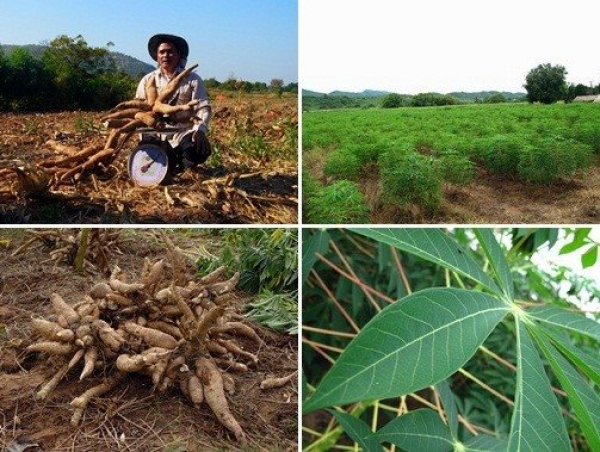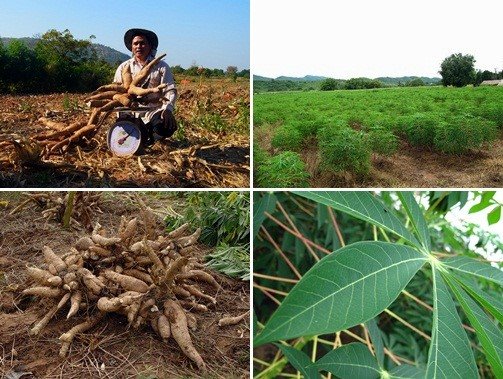Thailand has plentiful supplies of cassava, also known as tapioca. It is the world’s largest exporter of cassava and cassava products, accounting for about 60 percent of global market share. The plant is an integral part of the rural economy, is grown in 48 provinces and the Kingdom produces about 33 million tons of cassava each year.
The government has set a target of sourcing 25 percent of the country’s energy from green, renewable or alternative sources by the year 2036. The Kingdom is already the leader in solar and wind energy in Southeast Asia, but is still dependent upon imported oil, mainly from the Middle East.
Although cassava had been tried as a raw material for biofuels, the cost of production was much higher than for biofuels made from molasses, which is derived from sugar. Thailand is the world’s second-largest exporter of sugar.
However, researchers at the Thailand Institute of Science and Technological Research (TISTR) have developed a method of fermenting cassava that results in a much lower unit cost for biofuels. The method involves using a type of yeast named Saccharomyces Cerevisiae.
“Due to the quality of the yeast, we can use it in cassava-based ethanol production, resulting in ethanol with a quality and cost on par with that from molasses,” said Praphon Wongtharua, director-general for the Department of Alternative Energy Development and Efficiency.
Praphon said the yeast is perfect for ethanol production because of its resistance to high temperatures and it can grow with high concentrations of alcohol and sugar in the fermentation process.
“We are excited by the new discovery as it will give us more choices in using green fuels. What’s more, it will also help reduce the burden for farmers when cassava prices decline due to output gluts,” Praphon said.
The TISTR is operating a small pilot plant north of Bangkok to produce the biofuel and has also designed a new production process to make it more commercially viable so that it can be scaled up.
Thailand’s ethanol production in 2016 was 1.25 million gallons per day, made by 21 producers across the country, of which 33 percent use cassava and the rest use molasses or sugar cane juice.
Praphon said the TISTR would continue researching yeasts to find even more efficient strains for biofuel production.






